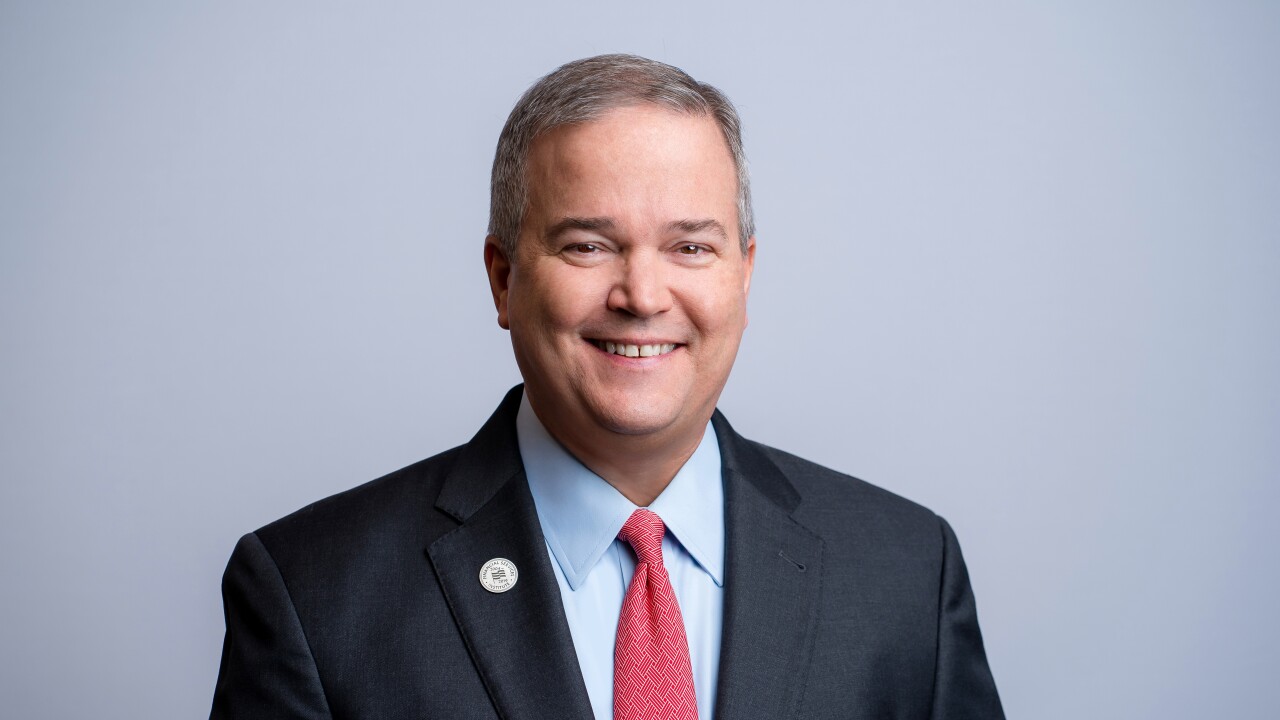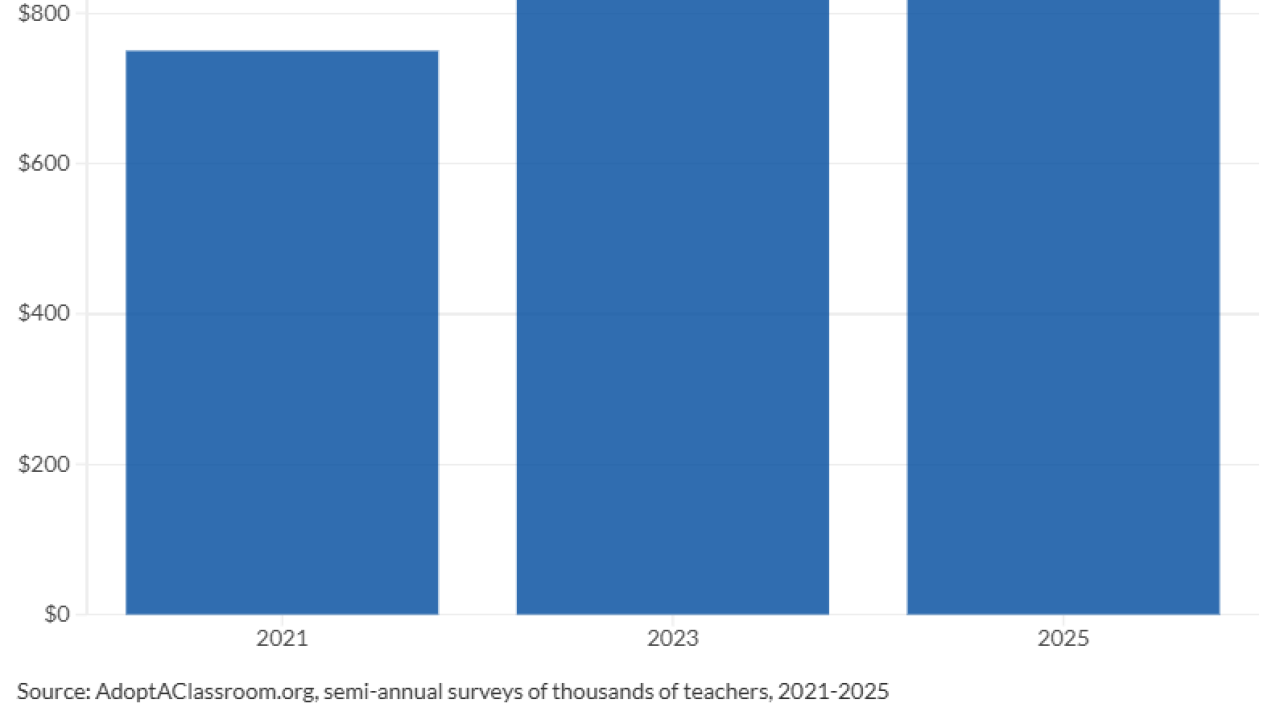(Bloomberg) — In a world of lower growth and lower returns, capital will still reliably flow from savers to users.
Few of the industry's other dynamics will remain untouched, according to Credit Suisse Group AG Vice Chairman Neal Soss, who expects the creeping advance of these phenomena to upend financial markets. Through a certain lens, it's all grandma's fault.
Aging populations are associated with the slower growth that monetary policy is trying (and in many cases, failing) to tackle, and therefore responsible for suppressing the interest rates that have sent almost half of G-10 sovereign bonds into negative territory.
Yet the economist's research note extends demography's implications beyond securities that track economic growth into corners of the market as specific as equity-trading patterns, and as broad as increasing societal equality.
Longer life-spans are associated with the cognitive decline of portfolio managers' clients; something Soss says is already resulting in increased regulation and fewer risks.
That helps money migrate towards passive investments and ETFs where the potential for losses is lower (so too, the potential of market-beating returns) — accelerating the focus on sectors rather than individual companies.
That in turn means markets that feature a handful of behemoth investment firms dealing through a reduced pool of brokers. The following are some of the changes he foresees.
DEATH OF ACTIVE MANAGEMENT
In the U.S. the number of people over 80 will exceed those under the age of five within 15 years, increasing policy makers' focus on the fiduciary duties of money managers.
This will further encourage the use of 'passive' investment vehicles such as ETFs, and reduce the appeal of active investing, where fund managers seek to outperform an index: Modern investment practice, with its anchor to aggregate market results, makes the indexer or quasi indexer or closet indexer much less vulnerable to criticism in the event of a bad outcome; someone following a more active path may be more readily viewed as rash if the actively chosen path happens to lead off a cliff.
DEATH OF THE BROKERAGE
ETFs "shift the focus of the equity-investor thought process" from selecting assets — investing in single names — to allocating to entire markets or sectors. That challenges the traditional role of equity research. Consolidation in the asset-management industry is another likely outcome of the shift to a more passive investment style:
All of these forces suggest of a wave of consolidation in the asset management industry as scale helps absorb the revenue pressure of migration from high-compensation active management to rock-bottom-cheap passive structures and helps amortize escalating compliance costs over a larger book of AUM.
DEATH OF VOLATILITY
One fruit of consolidation could be lower turnover and lower realized volatility. There will also be "episodic outbursts of repricing," as these less liquid markets respond to economic or other news.
DEATH OF THE SMALL-CAP MARKET
Regulations, which could include a greater focus on the market turnover of assets, will "herd" collective investment schemes toward larger securities at the expense of small-cap equities and much of the bond market, where there are very few benchmark deals compared to the large universe of outstanding bonds. (Still, the implementation of a mutual-fund liquidity standard would leave a pile of 'orphaned' assets that "constitute a pool of alpha" for firms with more accommodating regulatory treatment.)
DEATH OF INEQUALITY
It's not all bad. Structurally lower returns may also have redistribution effects.
"Of the many forms of wealth tax, perhaps the most subtle is financial market returns persistently below the inflation rate once normal income tax is taken into account," he said, in an apparent gesture toward Thomas Pikkety.
The French economist's hugely popular 2014 tome argued that returns on capital in excess of growth lead to widening inequality.




